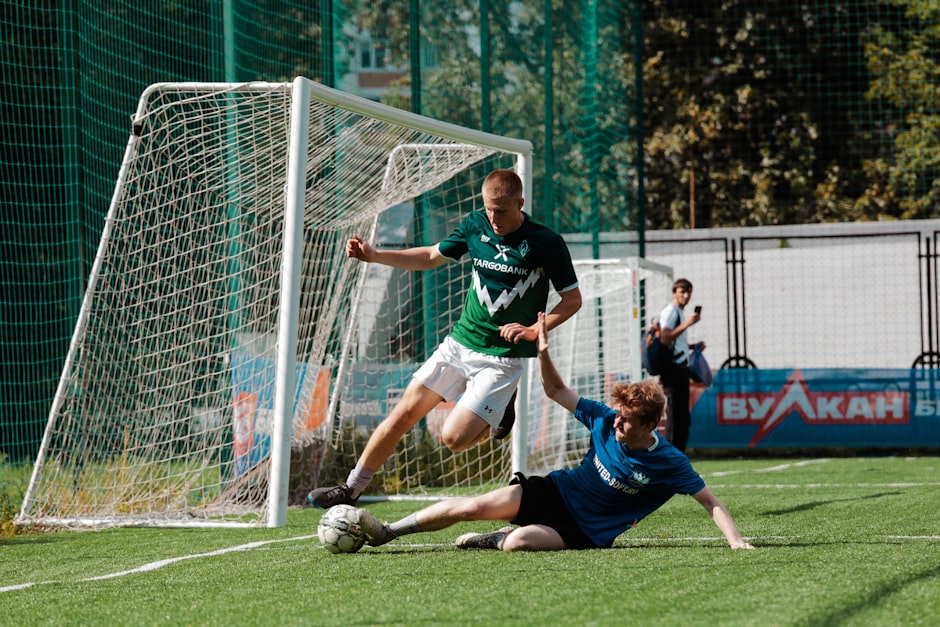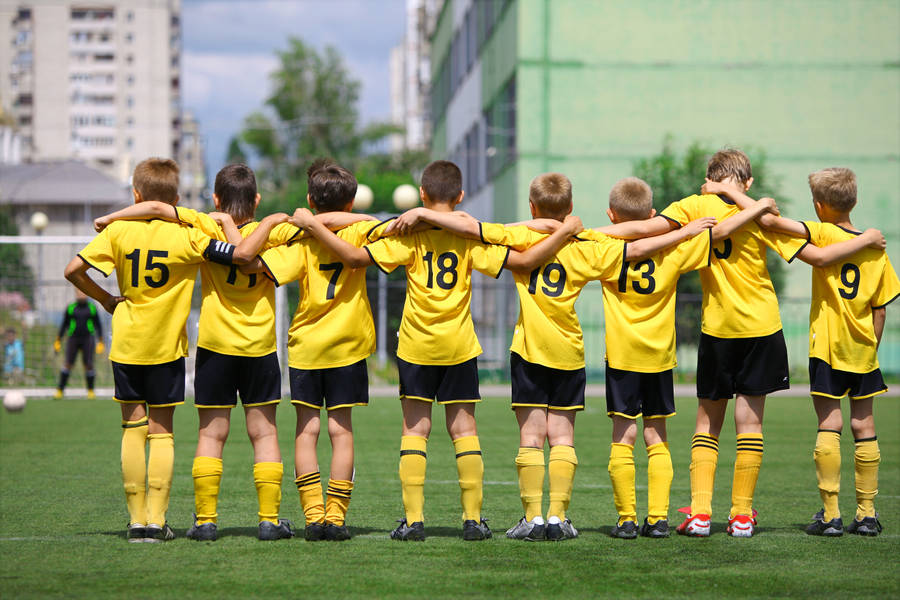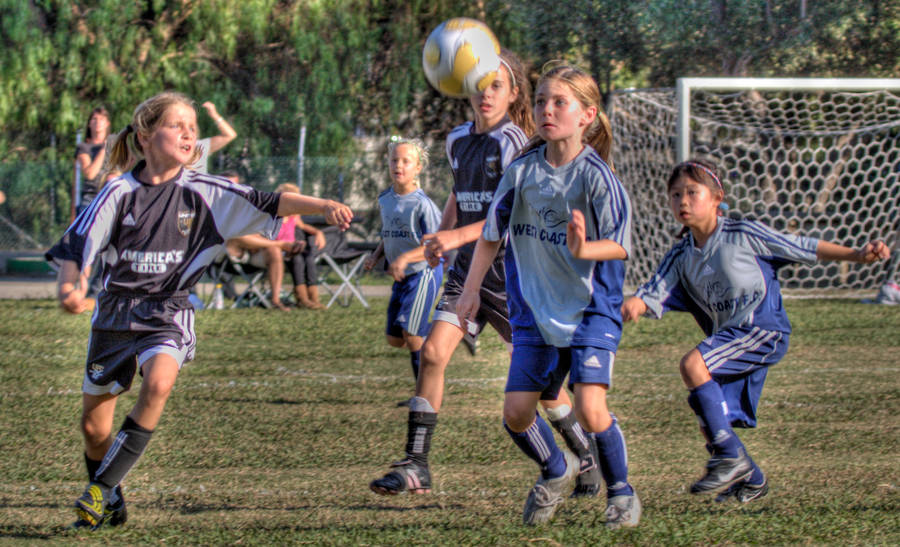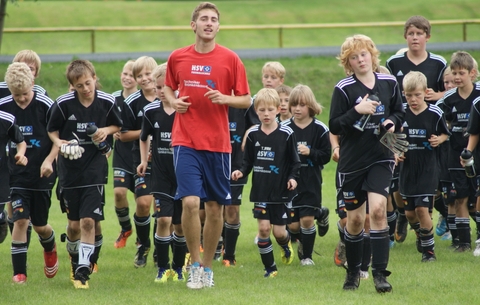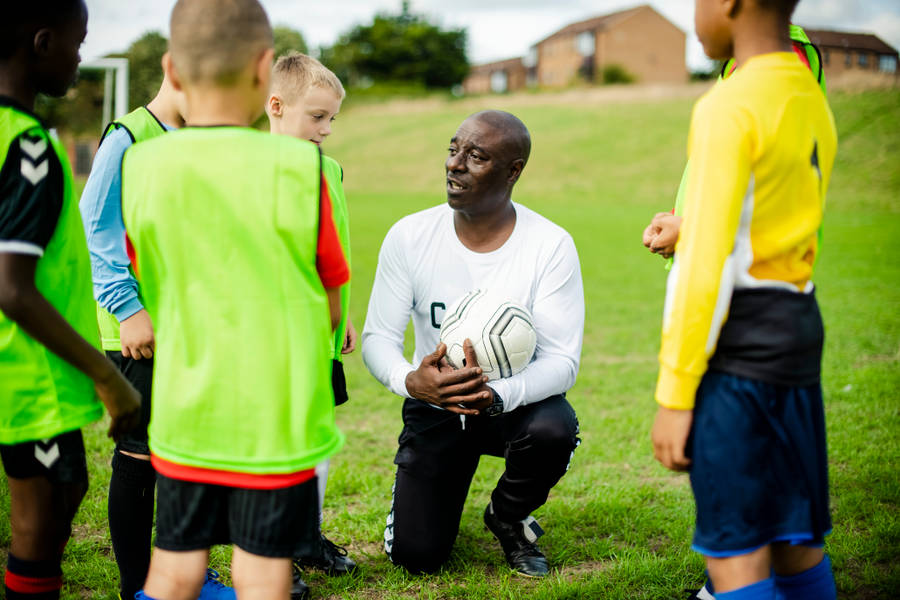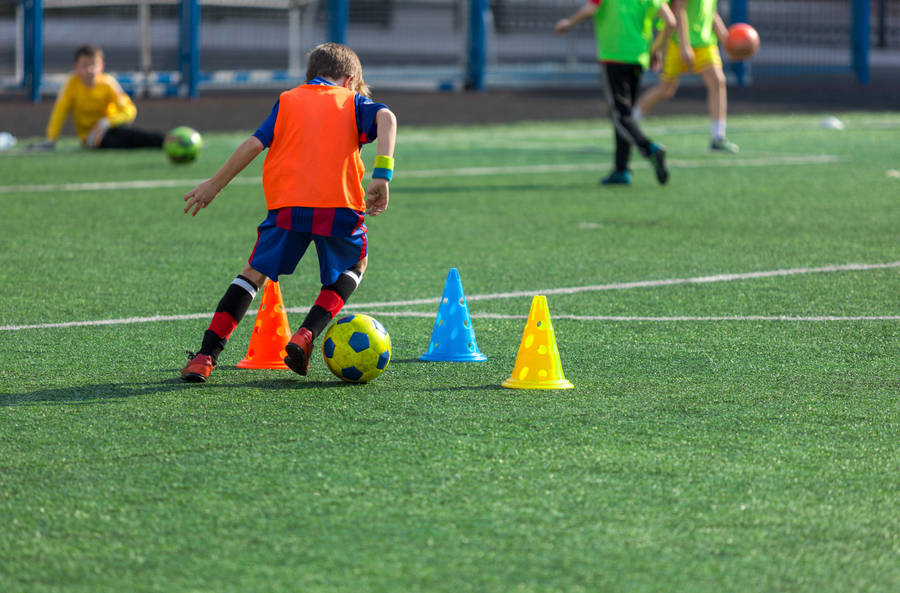For athletes, especially junior ones, rest and recovery are essential components of an effective training program. Rest and recovery allow the body to replenish energy reserves, repair damaged muscle tissue, and reduce the risk of injury or illness. It can even help athletes improve performance in competition by allowing better focus during practice sessions.
When it comes to rest and recovery for athletes, especially junior ones, proper sleep is the most important factor. However, other forms of rest—including nutrition, hydration, and mental breaks—are also important for promoting recovery, reducing injury risk, and improving performance.
Active resting: gaming, light training, etc.
When most people hear the word “rest” they think of doing nothing, but this doesn’t have to be the case. Rest and recovery simply allow a person to be active in other ways. For adults, a popular resting activity is to visit a quality online casino, such as Mr Vegas Casino. The wide range of games, and the cut-edge technology used for live casino games, can be a fun way to spend some time off and to potentially win a big of money. It is, of course. essential to gamble responsible, especially to set an example if you are coaching a junior sports team.
For junior athletes, active rest can include playing video games, taking music lessons, or any other activity that helps them redirect their focus on something other than their main sport. By shifting the focus fully, the athletes can keep their passion for the sport alive, and build excitement for the next practice, while simultaneously providing sufficient muscle recovery. For optimal athletic performance, active recovery can even include other, lighter types of exercise, such as swimming, light weight training, or walking.
The power of sleep and nutrition
The most important factor in rest and recovery is proper sleep. Studies have shown that athletes who do not get enough sleep may struggle with decision-making, motor skills, reaction time, cognitive processing speed, and hand-eye coordination—all of which are essential to athletic performance. Adequate sleep also helps boost the immune system, so athletes are less likely to suffer from illnesses that can keep them off the field for weeks or months.
Furthermore, nutrition and hydration are also important components of athletic recovery. Proper nutrition helps the body to rebuild muscle tissues, replenish energy reserves, and remain healthy. Hydration aids the body in transporting essential nutrients to muscles, allowing them to heal and rebuild more quickly after intense workouts. Adequate hydration can also help reduce fatigue and improve overall performance in competition. Both nutrition and hydration are essential for athletes looking to maximise their recovery and achieve peak athletic performance.
Enforcing rest and recovery
How do we best encourage athletes, especially younger ones, to take rest and recovery seriously? For young, ambitious athletes, taking time off might be irritating. However, when provided with clear information regarding why rest and recovery is important and what physiological effect it has, most come to understand the value. If they are also provided with options for what to do on rest days or recovery seasons, they can see a larger value to their training. By incorporating quality rest and recovery into their training program, athletes can ensure they are performing at their best in competition, while simultaneously encouraging and instilling healthier living in our future citizens.

